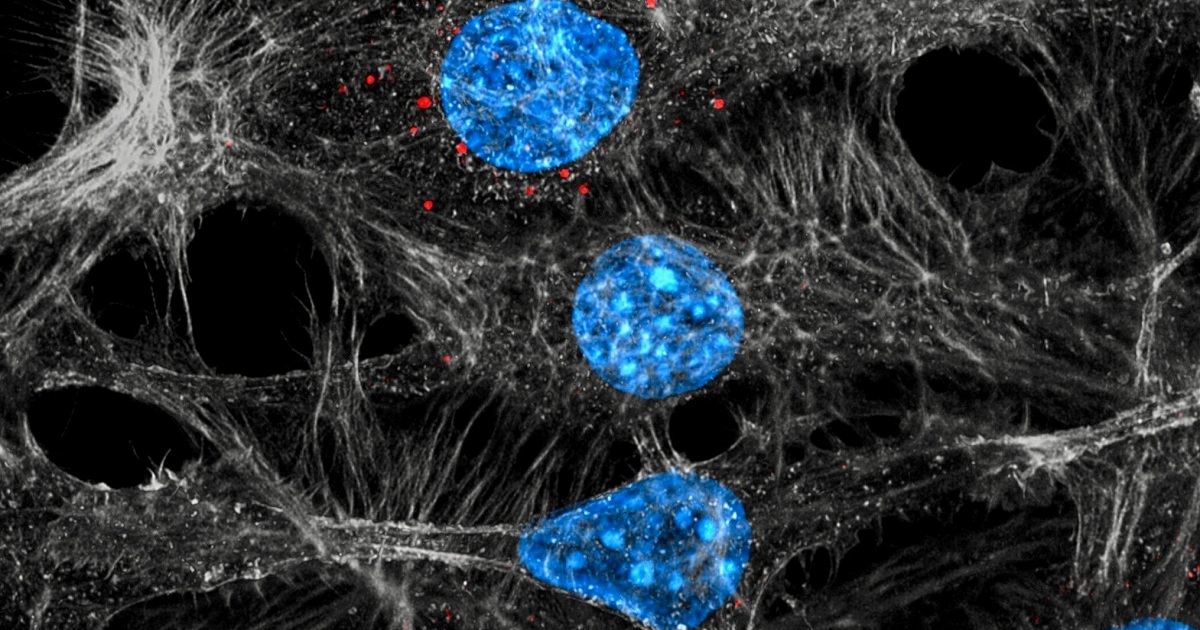Tumors backfire on chemotherapy
Medical Xpress | January 02, 2019

Some patients with breast cancer receive chemotherapy before the tumor is removed with surgery. This approach, called neoadjuvant therapy, helps to reduce the size of the tumor to facilitate breast-conserving surgery, and can even eradicate the tumor, leaving few or no cancerous cells for the surgeon to remove. In those cases, the patients are very likely to remain cancer-free for life after surgery. But not all tumors shrink under chemotherapy. If the tumor resists neoadjuvant therapy, there can be a higher risk of developing metastatic disease, meaning that the tumor will recur in other organs such as bones or lungs. This could be due to cancerous cells that resist chemotherapy and spread to other organs while the primary tumor is being treated.
Now, an international team of scientists led by Michele De Palma at EPFL has shed new light into this process. Working with experimental tumor models, the researchers found that two frequently used chemotherapy drugs, paclitaxel, and doxorubicin, induce mammary tumors to release small vesicles called exosomes. Under chemotherapy, the exosomes contain the protein annexin-A6, which is not present in the exosomes released from untreated tumors. "It seems that loading of annexin-A6 into exosomes is significantly enhanced in response to chemotherapy," explains Ioanna Keklikoglou, first author of the study.